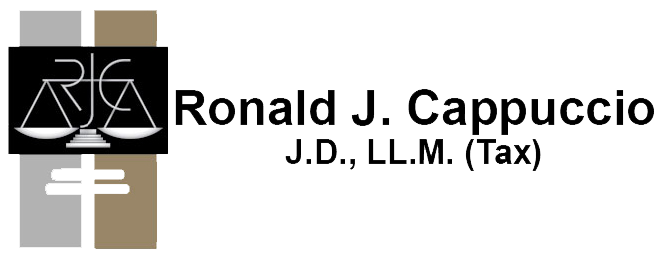Putting Together The Pieces Of Estate Planning
Estate planning procrastination often boils down to the fear of mortality. Many people would rather not deal with death, so they postpone estate planning. As a result, many Americans don’t even have a will.
There are plenty of reasons to have an estate plan. They keep your assets in the family and distribute them according to your wishes.
You don’t want Uncle Sam to get more than his fair share, and you don’t want to leave your heirs with a costly legal and financial nightmare that can take years to resolve in the courts.
Planning your estate isn’t hard – getting started involves three steps:
- Take stock of your assets, including investments, retirement accounts, insurance policies, real estate and business interests.
- Decide what you want to do with those assets, who should inherit them, who should run your estate and who should make significant decisions if you become incapacitated.
- Consult with your attorney. Having a lawyer increases the chance that your documents are worded properly and your estate conforms to state law. Your attorney can also show you how to save on estate taxes.
Estate planning can range from simple and straightforward to sophisticated and complex. Here are some elements to consider:
- A will – Your last will and testament is the center of your estate plan. It provides for the management and distribution of your assets, arranges for tax savings, and may include provisions for the care of your spouse, children and others. Also, it lets you designate heirs such as friends, relatives, charities or others who might be overlooked if you die without a will. When there’s not a will, you die “intestate,” which means the state gains control over the management of your assets. And control, not value, is the real issue here. Adults who have any assets should have a will.
- Asset conservation – Preserving your assets is a major goal of an estate plan. Inflation, a prolonged illness or a job loss can seriously erode the value of your estate. And federal and state taxes could take a chunk after your death.
- An executor – If you die intestate, a probate or surrogate’s court will choose an administrator for your estate and, if necessary, a guardian for your children. The court will also distribute your property pursuant to statutory guidelines, regardless of any unwritten wishes you may have expressed during your lifetime. A will allows you name an executor of your choice. Decide carefully. Most people don’t realize the complexity and time involved in the job. Choose someone who you feel can handle it and who you trust will be fair. You may even want to consider naming a professional as an executor or co-executor with a relative or friend. Here’s a comparison of the advantages of choosing a professional or personal executor:
-
Professional Personal Understands estates and trusts More familiar with the family Impartial Low or no fees
- Durable power of attorney – This document names the person who will make financial decisions for you in the event of incapacitation. A power of attorney is “durable” when it states that it will survive your disability. You can name a separate individual to handle your health in a document known as a health care proxy. For example, you may want your attorney to handle your assets and your spouse to make decisions affecting your health. You can also sign a living will, which puts you, rather than a medical professional or the courts, in control of life support systems if you fall into an irreversible coma or are in the final stages of a terminal illness. If you fail to have a health care proxy or durable power of attorney for health, a guardian or conservator may be appointed by a court if you are found to be incapacitated.
- Living trust – You can achieve the same financial goals if you put your assets in a living trust and name a successor trustee to manage those assets if you become incapacitated. A revocable living trust preserves confidentiality by keeping private and out of probate, your estate’s value, assets, trust provisions and the names of your beneficiaries. You can manage the trust during your lifetime, but the moment you die or become incapacitated, the trustee takes immediate control.
Once deciding upon the sorts of bequests you wish to make, be sure to have a conversation with your heirs regarding your plans. By outlining your intentions, you lessen the chance for misunderstandings between your heirs.
You can call Ronald J. Cappuccio, J.D., LL.M. (Tax) at 856-665-2121 or send us an email.
